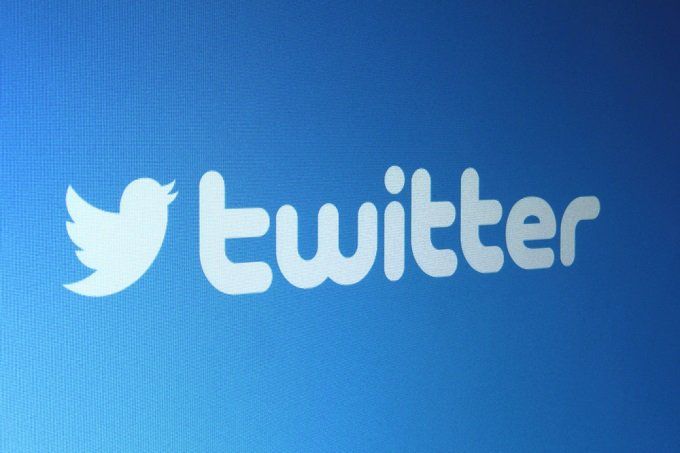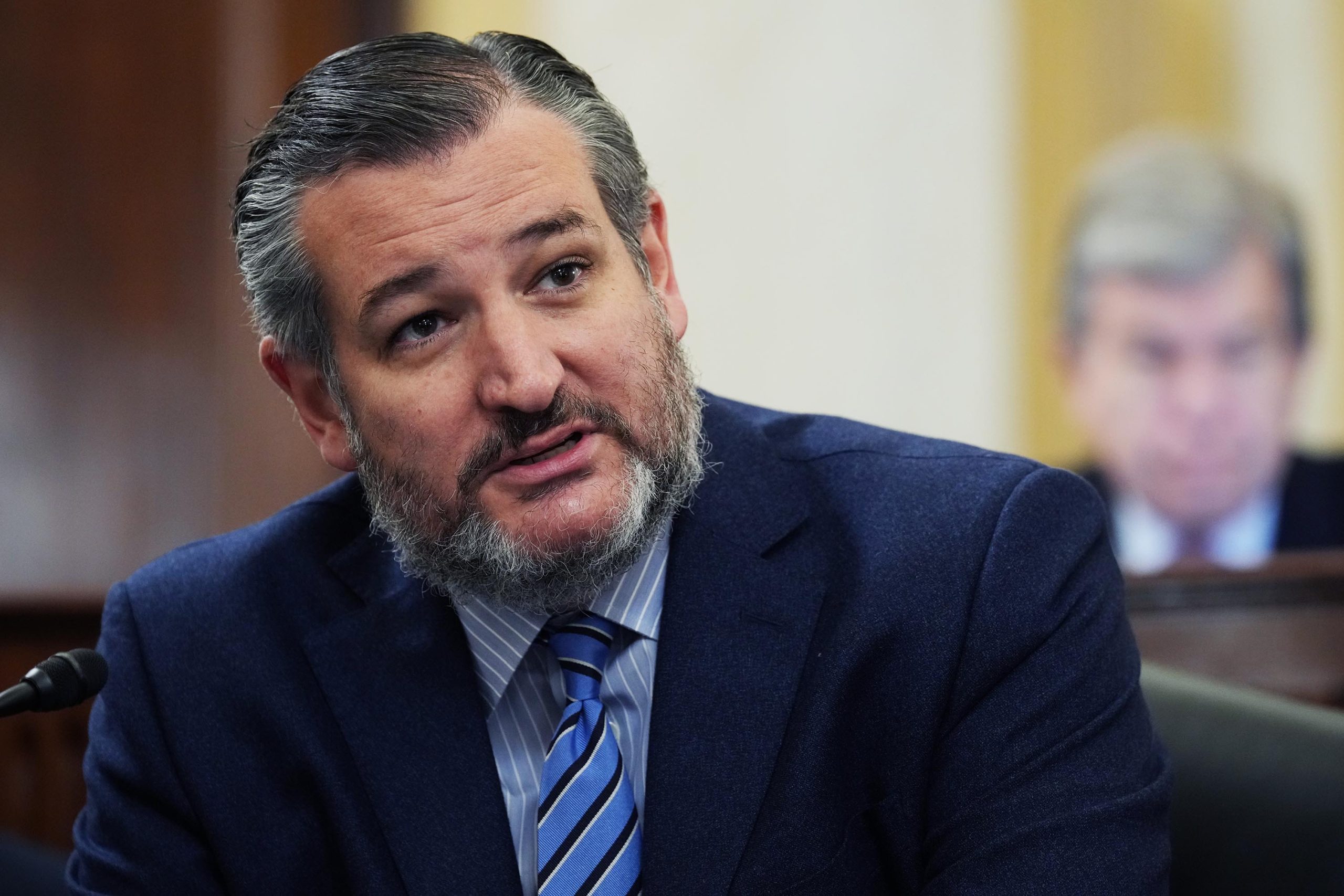News
Doomed Twitter Ban: Buhari Attempts to Hurt Economy

By Joel Popoola
Our nation will only move past these dark days if the government sets out to build bridges. This week’s banning of Twitter suggests it is only interested in building walls.
As a Nigerian tech entrepreneur I am extremely concerned about the economic implications of this week’s events, which have once again left the eyes of the World on our nation for all the wrong reasons.
NetBlocks, a global internet monitor, believes the ban is costing Nigeria 103,000,003 Naira every hour. And that’s just the tip of the iceberg.
A World Bank has reported that digital entrepreneurship has the potential to become ‘an engine of economic transformation in Nigeria and set the country on a new growth trajectory’. Official figures suggest that 14% of our GDP is directly dependent on digital communications – with many more key economic sectors dependent on it for productivity.
In recent weeks, a Financial Times report found that Nigeria has the most start-ups in all of Africa. Influential industry news website TechCrunch called Nigeria.
“Africa’s unofficial tech capital”. Lagos has been called “Africa’s Silicon Valley”.
At a time of economic uncertainty and mass unemployment the government needs to be encouraging international technology firms to invest in Nigeria, and new innovative companies to start up and scale up.
Sending the message that Nigeria has a government willing to arbitrarily declare war on technology companies does our nation no favours at all.
Then there are the democratic implications.
Our constitution clearly protects the right to freedom of expression and in 2021 that expression inevitably takes place online, with almost two-thirds of Nigerians using Twitter.
It is not as if this ban will even work.
Senior figures in this administration may be from an age when the government could stop people criticising them by shutting down newspapers and seizing printing presses. But this is not the age we live in now. A tech savvy population has already identified countless ways to circumvent the Twitter ban – in particular using Virtual Private Networks to bypass the ban.
As a result, the only people losing out right now are the government themselves – unable to take advantage of a means of communicating with two-thirds of Nigerians who use Twitter – and the businesses our economy desperately needs to grow. The only people they have muted are themselves.
The government may claim that any people using Twitter will be prosecuted, but the only way to do that would be to have the police stop people and search their phones for the Twitter. If two-thirds of Nigerians are using Twitter, that’s in the region of 80-90 million phones the police are going to have to check by hand. Does that seem practical to you?
The irony is that the government is not wrong that social media is responsible for a pandemic of misinformation which is poisoning our public discourse and breeding mistrust in our democratic institutions.
There is also a wider question of whether it is sustainable or desirable for social media platforms designed, for example, for people to rate which girls at a university were the prettiest (as Facebook was) to have such an integral role in our democratic processes.
Social media giants’ inability or unwillingness to tackle this issue is exactly why the digital democracy campaign I lead set out to create a new social media platform explicitly designed for communications between government and governed, adding trustworthiness and politeness into to the transparency and accessibility of the digital age.
We have created a free smartphone app called Rate Your Leader which puts verified voters in direct contact with the elected officials who serve them. Rate Your Leader allows people to put questions directly to local leaders, as well as bringing important local issues to their attention. The relationship Rate Your Leader creates allows electors and elected to communicate better and collaborate in the common interest.
Rate Your Leader also lets people rate politicians for accessibility, transparency and honesty – building trust in both politicians and political institutions. Its abuse-proof technology makes harassment, bullying and obscenity impossible.
There is an argument that the government should be encouraging people to use social media platforms more appropriate for political communication and more proactive when it comes to dealing with misinformation and inflammatory discourse.
Instead the government has taken an action which makes it unwise and frightened to its people and despotic to international observers. It has taken a step which damages our economy while at the same time being impractical and unenforceable. It needs to think again.
Joel Popoola is a Nigerian tech entrepreneur and digital democracy campaigner and is the creator of the Rate Your Leader app. He can be reached via @JOPopoola
News
Alleged Defamation: Court Turns Down DSS Request to Arrest Sowore

The Federal High Court in Abuja, on Wednesday, declined a request by the Department of State Services (DSS) to issue a bench warrant for the arrest of activist and publisher of Sahara Reporters, Omoyele Sowore, in his ongoing defamation trial.
Sowore is being prosecuted over comments made on social media in which he allegedly described President Bola Tinubu as a “criminal.”
The Federal government argues the statement contravenes provisions of the Cybercrimes (Prohibition, Prevention, etc.) Amendment Act, 2024, as well as sections of the Criminal Code, and is capable of inciting public disorder.
Director of Public Prosecutions, M. B. Abubakar, told the court that Sowore’s remarks amounted to cyber harassment and criminal defamation under Section 24(1)(b) of the Cybercrimes Act and Sections 59 and 375 of the Criminal Code.
He insisted the activist must be held accountable for using digital platforms to malign the President.
During proceedings, counsel to the DSS, Akinlolu Kehinde, SAN, urged the court to issue a bench warrant, arguing that Sowore had been duly served with the charge and hearing notice but failed to appear.
He described the absence as a clear disregard for judicial authority.
According to Kehinde, allowing such conduct to go unchallenged could undermine the court’s authority — particularly in politically sensitive matters involving state institutions.
He also dismissed a letter submitted by activist Deji Adeyanju seeking an adjournment on Sowore’s behalf, describing it as an attempt to delay the case.
However, presiding Judge, Justice Mohammed Umar, declined the request. He ruled that it would be premature to issue a bench warrant because the second defendant in the matter, X Corporation (formerly Twitter), had not been properly served with the charge sheet.
The judge held that due process in serving all defendants must be completed before any coercive orders can be considered.
Counsel to X Corporation, Christabel Ndiokwelo, confirmed that although her client received the hearing notice, the formal charges had not yet been served.
Counsel to META (Facebook), Tayo Oyetibo (SAN), was also in court.
He aligned with the government’s position, describing Sowore’s absence as deliberate. He also dismissed Sowore’s claims that social media companies were collaborating with the DSS to censor him as “baseless and diversionary.”
Justice Umar adjourned the case to December 2, 2025, for proper arraignment, and directed that fresh hearing notices and charge documents be served on all parties to prevent further delays.
News
CPC: Time to Hold Nigerian Officials Accountable, Says Senator Ted Cruz

Following US President Donald Trump’s designation of Nigeria as a Country of Particular Concern (CPC), US Senator Ted Cruz has declared that the next step is to hold Nigerian officials accountable.
Cruz is championing the Nigeria Religious Freedom Accountability Act of 2025, a bill designed to protect Christians and other religious minorities from widespread persecution in Nigeria.
After the CPC designation, Trump also warned of possible military action in Nigeria if its leaders failed to protect Christians in the country.
Reacting in a post on his official X handle on Tuesday, Senator Cruz said he has been pushing legislation to designate Nigeria as a CPC and to impose sanctions on Nigerian officials responsible for religious persecution.
He thanked President Trump for the designation and for “fighting to stop the murder of Christians in Nigeria.”
According to Cruz, the next step is to hold Nigerian officials accountable, promising to publicly identify them in the coming weeks.
His post reads: “I’ve been pushing legislation to designate Nigeria a CPC and to impose sanctions on the Nigerian officials responsible.
“Thank you to President Trump for his leadership in imposing the designation, and more broadly, for fighting to stop the murder of Christians in Nigeria.
“Now we should take the next step and hold Nigerian officials accountable. I intend to be very explicit about who they are in the coming days and weeks.”
Last weekend, Trump declared Nigeria a “Country of Particular Concern” over alleged killings of Christians.
In a statement posted on his social media platform Truth Social on Friday, Trump said Christianity faces an existential threat in Nigeria, describing the alleged killing as a “mass slaughter.”
“Christianity is facing an existential threat in Nigeria. Thousands of Christians are being killed. Radical Islamists are responsible for this mass slaughter,” he wrote.
The US president added that the United States “cannot stand by while such atrocities are happening” and directed Congressman Riley Moore and House Appropriations Chairman Tom Cole to investigate the matter.
The Nigerian government has repeatedly rejected claims of Christian genocide in the country.
In September, the Federal government described claims of a systematic genocide against Christians as “false, baseless, despicable, and divisive.”
The Minister of Information and National Orientation, Mohammed Idris, said portraying Nigeria’s insecurity as a religious conflict was a gross misrepresentation of reality.
“Portraying Nigeria’s security challenges as a targeted campaign against a single religious group is inaccurate and harmful.
“The federal government strongly condemns and categorically refutes recent allegations by certain international platforms and online influencers suggesting that terrorists operating in Nigeria are engaged in a systematic genocide against Christians,” he said.
Idris stressed that extremists have attacked citizens of all faiths, noting that Muslims, Christians, and even non-religious Nigerians have suffered alike.
Between May 2023 and February 2025, he said, security forces killed over 13,500 terrorists and rescued nearly 10,000 hostages.
He added that the recent capture of top Ansaru leaders and over 700 convictions of Boko Haram suspects reflected Nigeria’s progress in the fight against terrorism.
“These criminals target all who reject their murderous ideology, regardless of faith,” the minister stated.
News
Court Grants PDP Permission to Hold Convention

The Oyo State High Court has granted the Peoples Democratic Party approval to proceed with its elective national convention scheduled for November 15–16, 2025, in Ibadan, the state capital.
The court also directed the Independent National Electoral Commission to attend and monitor the exercise, Channels TV reports.
Delivering the ruling, Justice A. L. Akintola issued an interim order permitting the party to continue its convention plans without obstruction.
The decision came after an ex-parte motion filed by Folahan Adelabi against the PDP, its Acting National Chairman, Umar Damagum; Governor Umaru Fintiri, who heads the National Convention Organising Committee; and the INEC.
In his ruling on Monday, Justice Akintola held that the claimant presented a compelling case that warranted immediate judicial intervention.
“The motion ex-parte has merit and succeeds as prayed,” the judge ruled, granting temporary reliefs that safeguard the party’s schedule and direct all parties to allow the convention to proceed as planned.
The judge subsequently adjourned the hearing of the substantive motion for an interlocutory injunction till November 10, 2025.
The interim order, issued on November 3, 2025, was sealed by the Oyo State High Court and endorsed by its Principal Registrar, S. O. Hammed.






